We’ve scoured the state to find where retirees should think twice before settling down.
Approximately 15.7% of Arkansas’s population lived below the poverty line in 2022 (latest data), which is higher than the national average of just above 11%.
If a town had a Yelp review for retirement, these spots would struggle to hit two stars.
Here’s a spoiler: it’s not just the humidity that’s uncomfortable.
Update 2026: Expanded the list with additional towns and removed a few that no longer meet the criteria.
1. Osceola, Arkansas
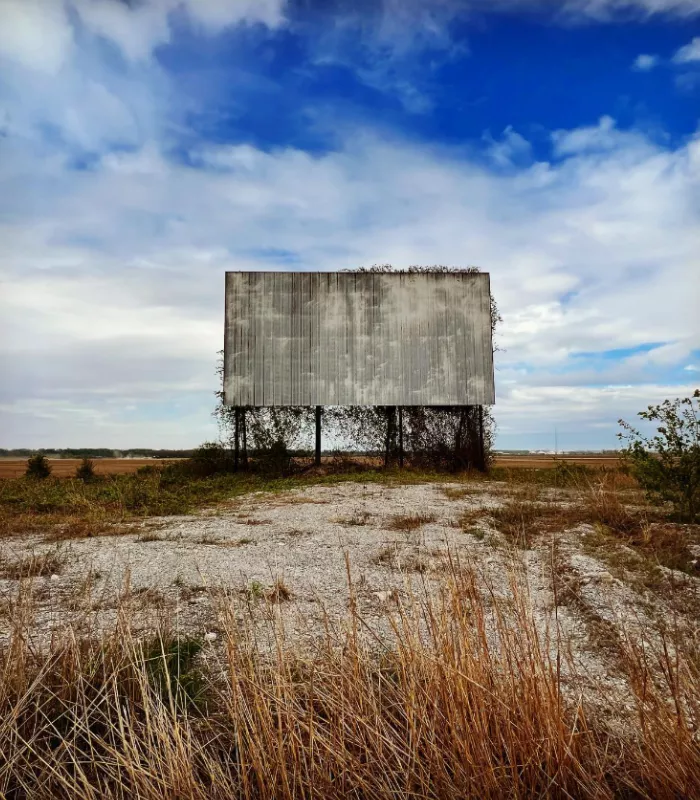
Osceola, located in Mississippi County, is known for its rich agricultural heritage. Despite its historic charm, the town struggles with high crime rates, which may be concerning for retirees. The local economy is heavily reliant on farming, which limits job opportunities for those looking to work part-time.
The town has a small population, which could appeal to those seeking a tight-knit community. However, limited healthcare facilities are a significant drawback for residents needing regular medical care. The climate is typically humid, which can be uncomfortable for some individuals.
Retirement Concerns: High crime rates and limited healthcare facilities place Osceola on this list.
2. Crossett, Arkansas
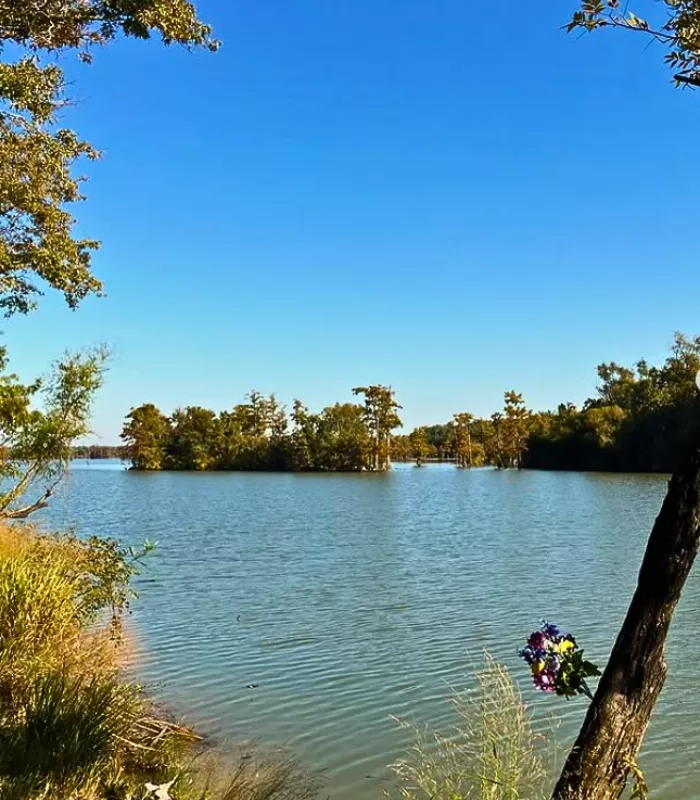
Crossett is a small town in Ashley County, often noted for its quiet streets and close-knit community. However, it has faced economic challenges, with several local businesses closing over the years. This economic downturn impacts the overall quality of life for retirees.
While Crossett offers affordable housing, the lack of amenities and entertainment options can be a drawback. The town also suffers from air quality issues due to industrial activities in the region, which could be a health concern for retirees.
Retirement Concerns: Economic decline and poor air quality make Crossett a less desirable location for retirement.
3. Helena-West Helena, Arkansas
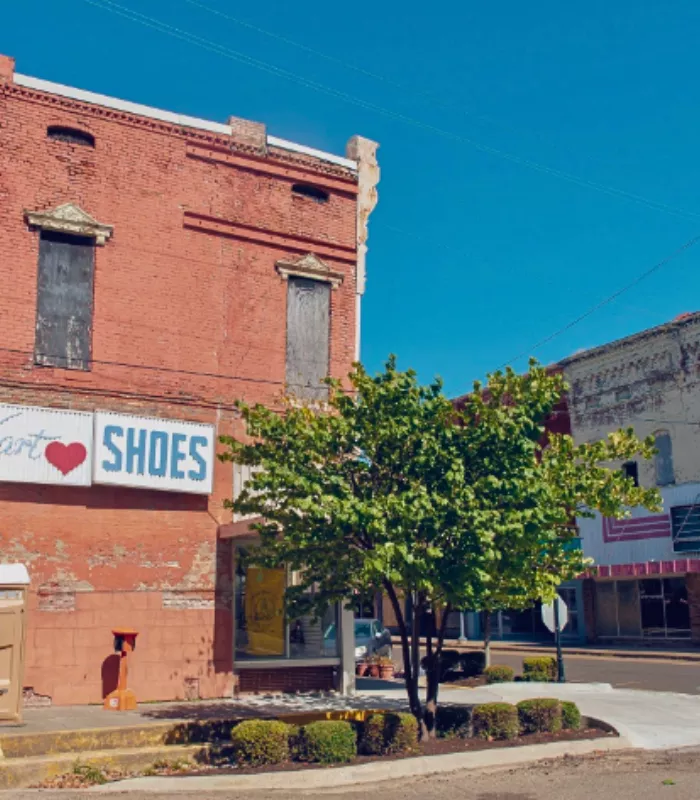
This town, located along the Mississippi River, has a rich cultural heritage and significant historical sites. However, it suffers from one of the highest crime rates in the region, which is a major concern for retirees.
Helena-West Helena’s economy has been slow to recover from past economic downturns, affecting property values and investment in local services. The healthcare facilities in the area are also not sufficient to meet the needs of an aging population.
Retirement Concerns: High crime rates and slow economic recovery make Helena-West Helena a less favorable choice for retirees.
4. Blytheville, Arkansas
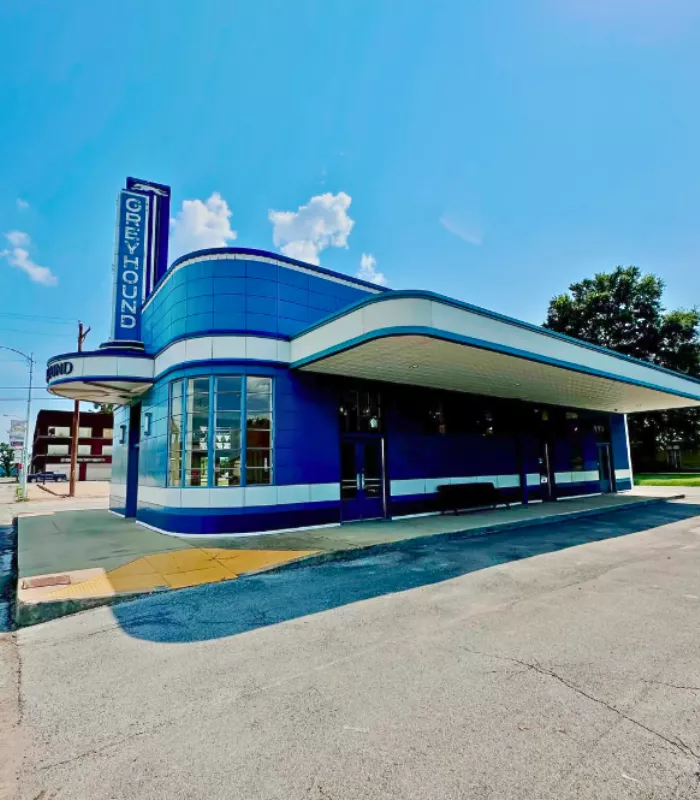
Blytheville, once thriving with steel industry jobs, now struggles with high unemployment rates. This economic instability is a significant concern for retirees looking for a peaceful and secure environment. The town is known for its historical sites, which could be attractive to history enthusiasts.
However, Blytheville has a high crime rate, which can be unsettling for those in their retirement years. The local amenities are also limited, impacting the quality of life for its residents.
Retirement Concerns: Economic instability and high crime rates make Blytheville a challenging place for retirees.
5. Marianna, Arkansas
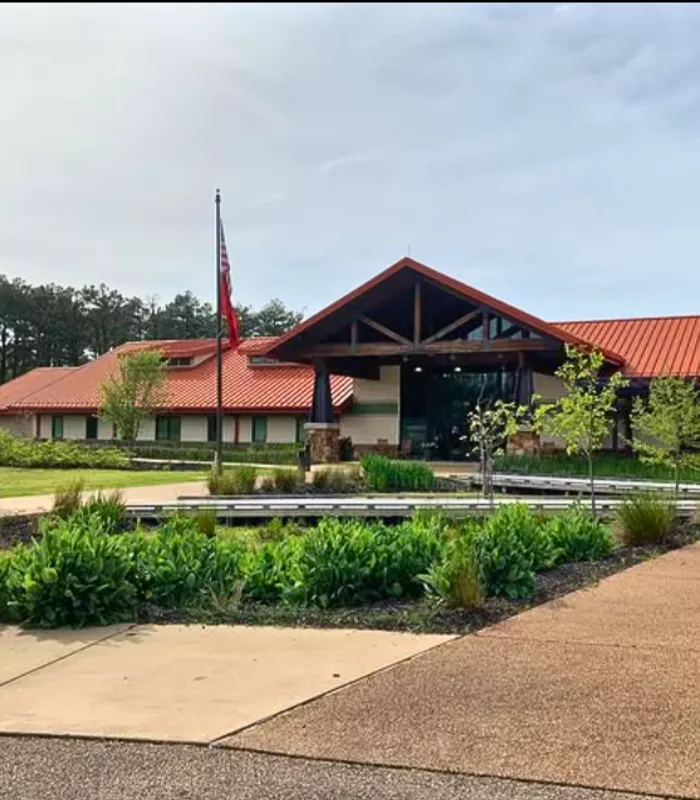
Marianna, located in the Delta region, has a rich agricultural history and is known for its scenic landscapes. However, the town suffers from one of the highest poverty rates in the state, affecting its overall living standards.
There are limited employment opportunities for retirees and the healthcare facilities are below average. Marianna’s infrastructure also needs significant improvements to support a growing elderly population.
Retirement Concerns: High poverty rates and poor infrastructure contribute to Marianna’s placement on this list.
6. Newport, Arkansas
Newport is known for its riverfront views and cultural festivals. However, the town has a limited job market and low economic growth, which impacts retirees looking to supplement their income or stay active in the community.
The healthcare services in Newport are not robust enough to cater to an aging population. The town also has a relatively high crime rate, which can be a concern for those looking for a safe retirement environment.
Retirement Concerns: Low economic growth and inadequate healthcare services are major issues in Newport.
7. Trumann, Arkansas
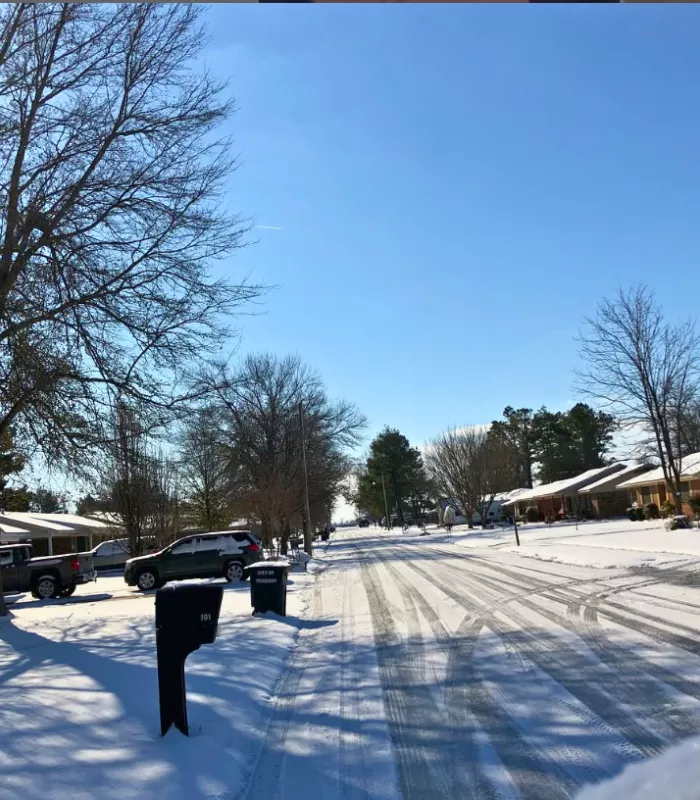
Trumann is a small town with a close-knit community but faces challenges with low income levels and limited healthcare options. The town’s economy is mainly based on manufacturing, which does not offer much for retirees.
While housing is affordable, the lack of amenities and services that cater to the needs of seniors is a noticeable gap. Additionally, Trumann has a higher crime rate compared to other small towns in Arkansas.
Retirement Concerns: Limited healthcare and high crime rates are significant concerns for retirees in Trumann.
8. Pocahontas, Arkansas
Pocahontas offers beautiful natural surroundings and a historical downtown area. However, it faces challenges such as limited healthcare options and a stagnant economy. These factors can deter retirees seeking a vibrant community with all necessary amenities.
The town also suffers from periodic flooding, which can be a significant issue for residents. Despite its picturesque setting, Pocahontas’s infrastructure struggles to support its current population effectively.
Retirement Concerns: Frequent flooding and insufficient healthcare resources make Pocahontas a less desirable retirement destination.
9. Hope, Arkansas
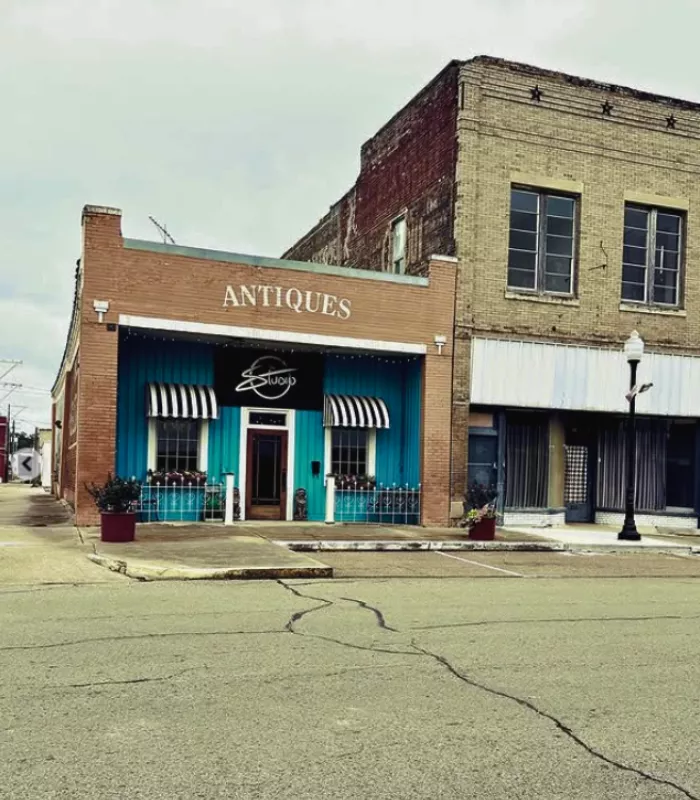
Hope is famously known as the birthplace of President Bill Clinton, but it faces significant challenges as a retirement destination. The economic opportunities are limited, especially for retirees looking to work part-time.
The town has some cultural attractions, but the local healthcare system is not robust enough to support an aging population. Additionally, Hope has a relatively high poverty rate, which affects the overall quality of life for its residents.
Retirement Concerns: Limited economic opportunities and a weak healthcare system are concerns for retirees in Hope.
10. Fort Smith, Arkansas
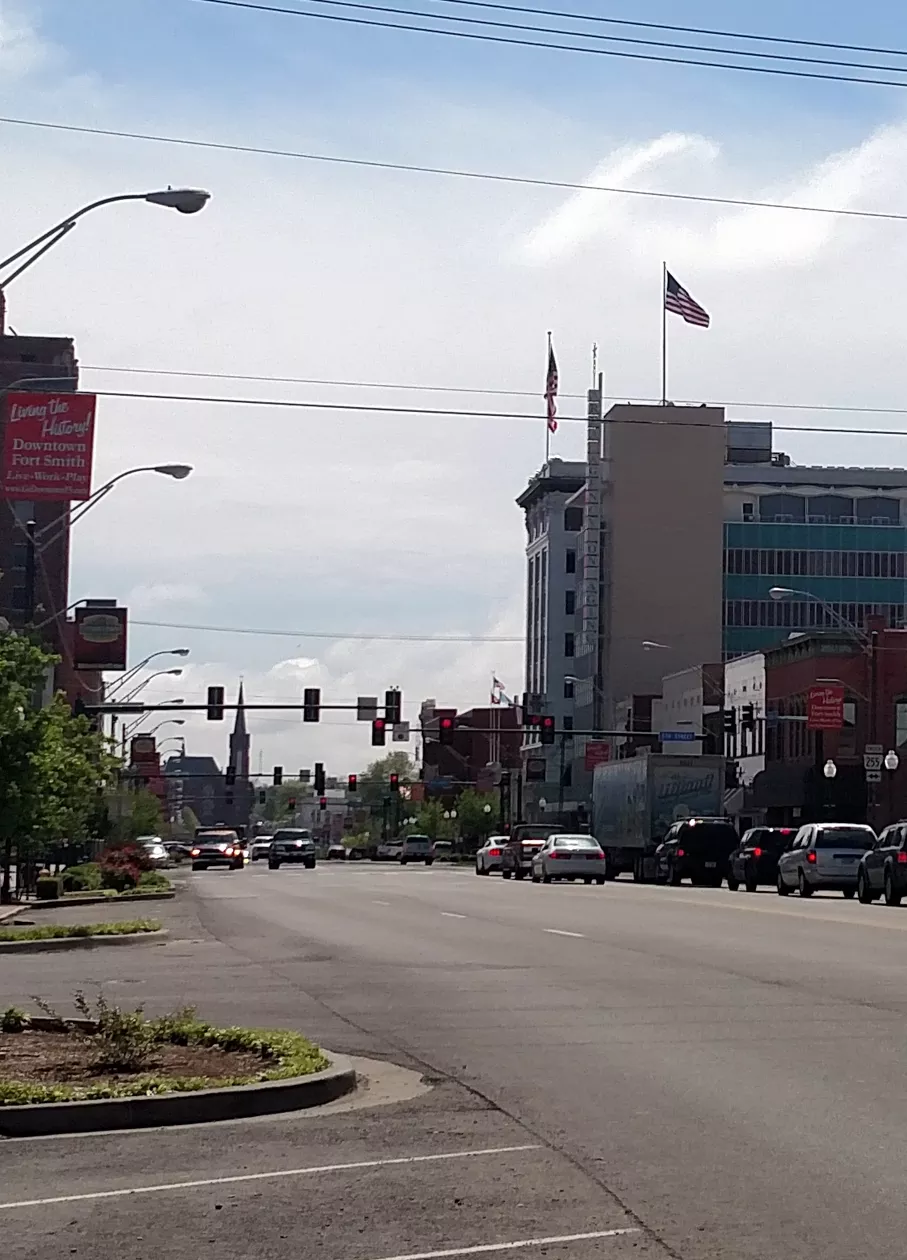
Fort Smith is the third largest city in Arkansas. It sits in Sebastian County with around 89,000 people.
It might look like a charming Southern town. But it’s far from safe. Crime is a serious concern here.
In 2022, the city had nearly 1,000 violent incidents. That included nine murders and over 800 assaults. Car theft is also high. Visitors should be cautious.
Why Fort Smith is a road trip mistake: Crime is 187% higher than the national average, making it risky for travelers.
11. Hot Springs, Arkansas
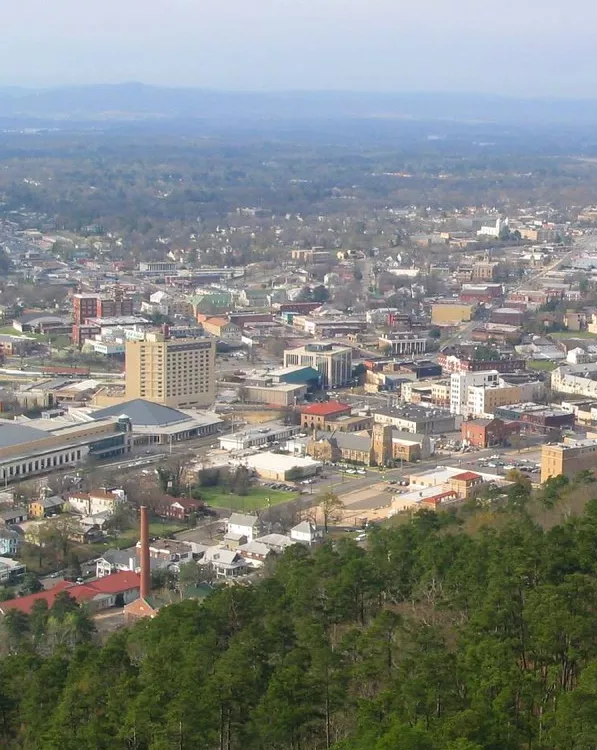
Hot Springs may sound like a relaxing destination. It even has a national park.
But behind the pretty scenery, the city has issues. Crime is 133% higher than average.
Unemployment is high. Incomes are low. In 2022, there were 27 robberies and 5 murders. For a tourist town, that’s a lot.
Not-so-hot for road trips: Crime and lack of job opportunities make it unsafe and economically depressed.
12. El Dorado, Arkansas
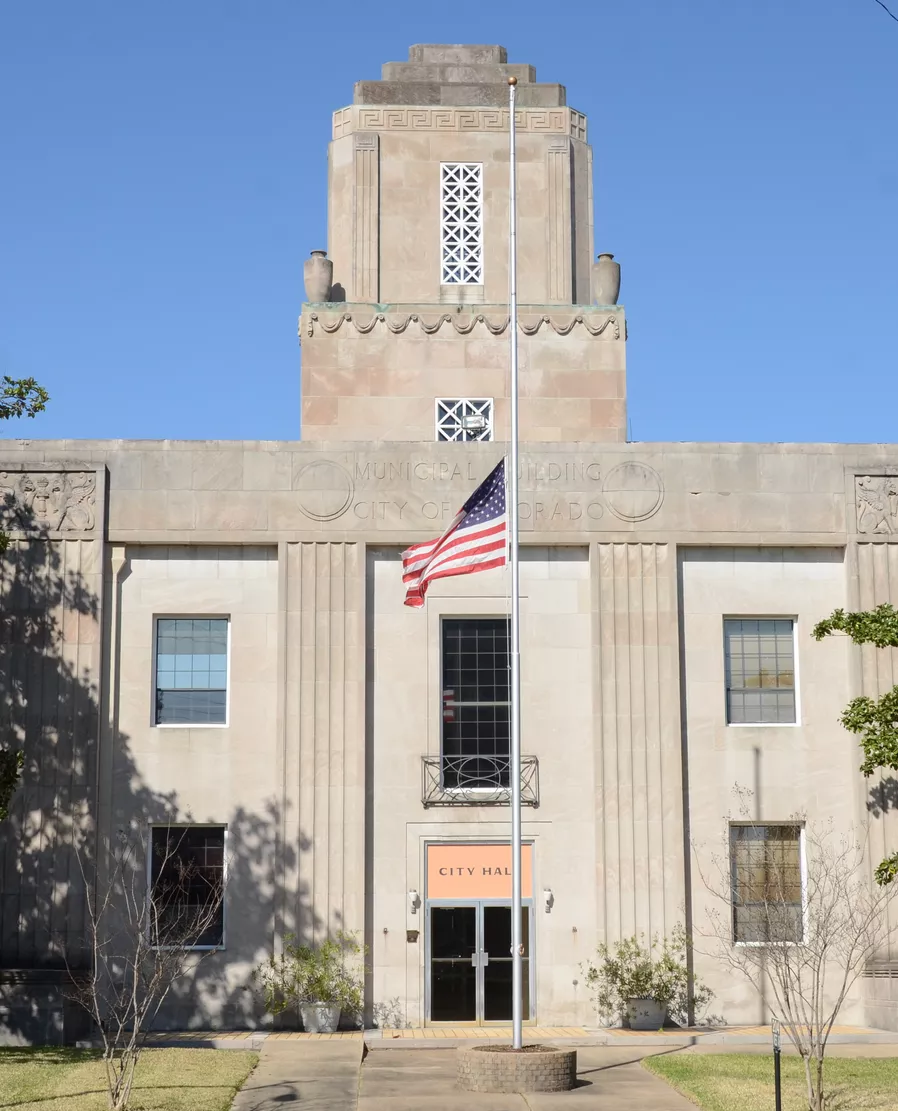
El Dorado is in Union County. About 17,000 people live there.
It’s one of the most dangerous cities in the state. The crime rate is over double the national average.
Eight homicides were reported in 2022. House values and incomes are both low. It’s not great for families or travelers.
Why to skip El Dorado: The high crime and low livability score make it one of Arkansas’s least welcoming towns.
13. Wynne, Arkansas
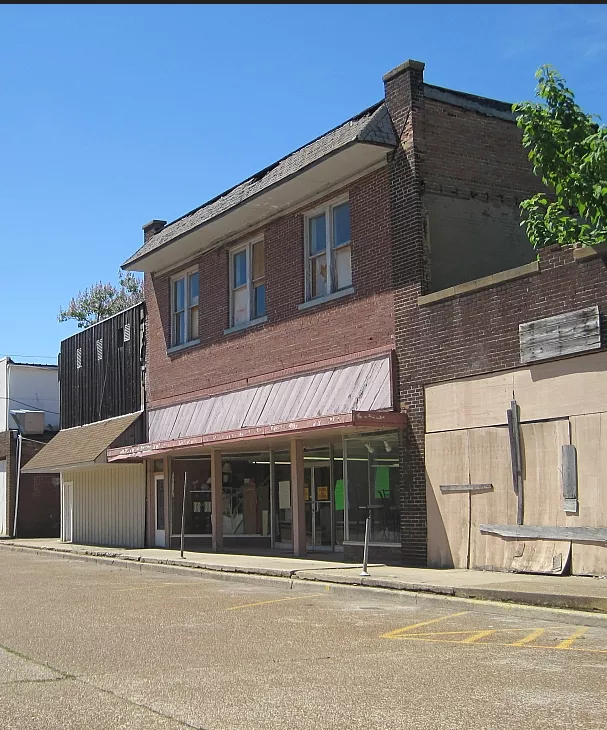
Wynne may sound small and quiet. But stats tell a different story.
It ranked 12th in Arkansas for violent crime. Property crime isn’t much better.
Poor job prospects and low education levels are issues. There’s not much to do or see here.
A road trip detour you don’t want: Wynne lacks safety, attractions, and basic infrastructure.
14. Jacksonville, Arkansas
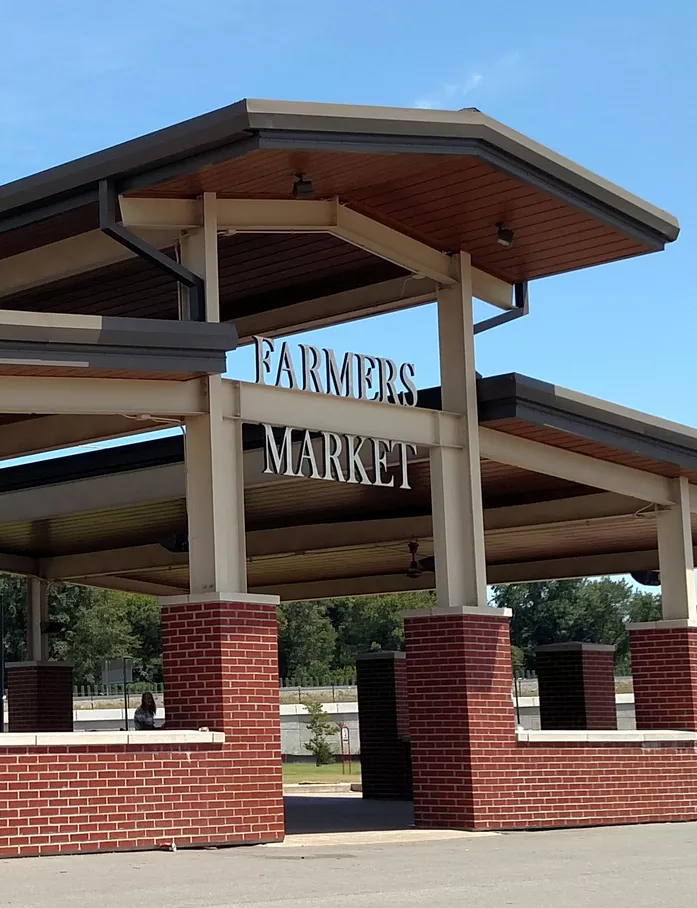
This suburb of Little Rock has fewer than 29,000 people.
But it’s only safer than 2% of U.S. neighborhoods. That’s not comforting.
Crime rates are high. Schools rank low. Activities are limited. It’s not ideal for older travelers seeking peaceful stops.
Don’t pull over here: Jacksonville is twice as dangerous as the state average, and offers little to travelers.
15. Pine Bluff, Arkansas
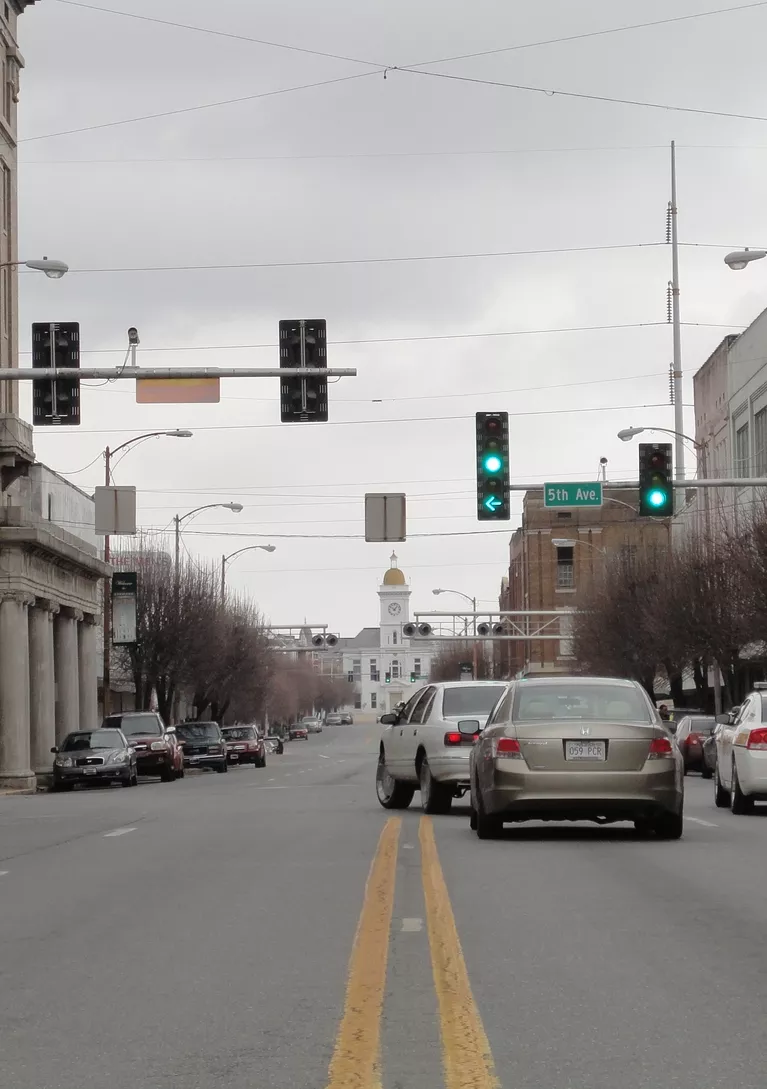
Pine Bluff is one of the bigger cities on this list.
But size doesn’t mean safety. It has Arkansas’s highest unemployment rate at 13%.
Violent crimes are common. The schools are weak. There’s not much to do, and even less to feel safe about.
Skip Pine Bluff: It ranks as one of the worst places in the state for crime, jobs, and education.
16. Camden, Arkansas
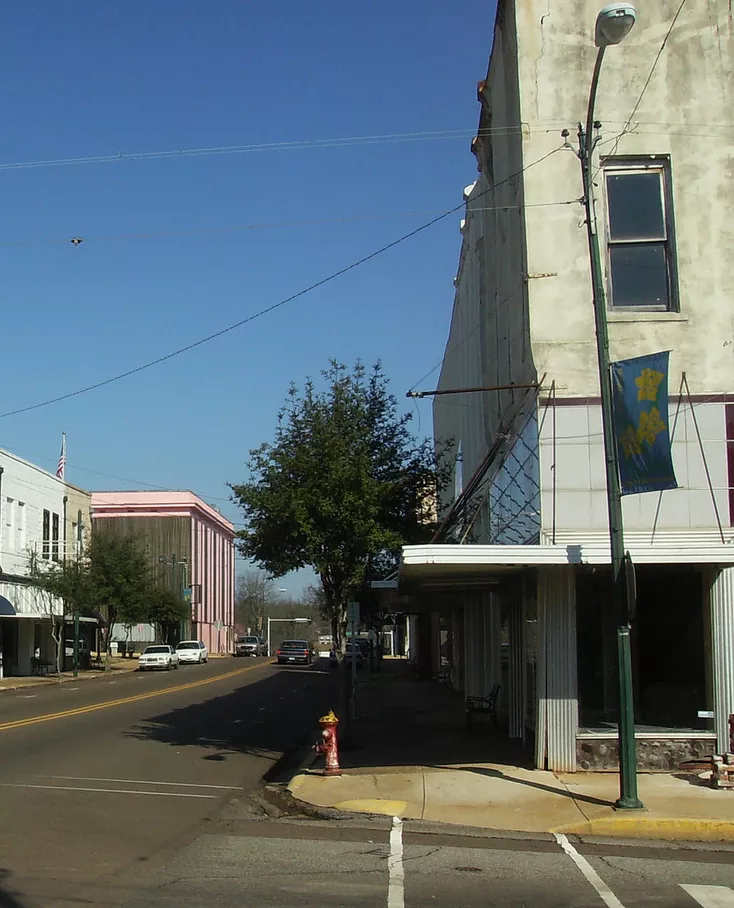
Camden is in Ouachita County. It ranks high—on lists you don’t want to be on.
Crime is rising. One in three residents live in poverty. The median house value is just over $76,000.
Many locals lack a high school diploma. That means limited job prospects and a struggling economy.
Camden’s not worth the gas: It’s one of Arkansas’s most impoverished and least educated cities.
17. Fayetteville, Arkansas
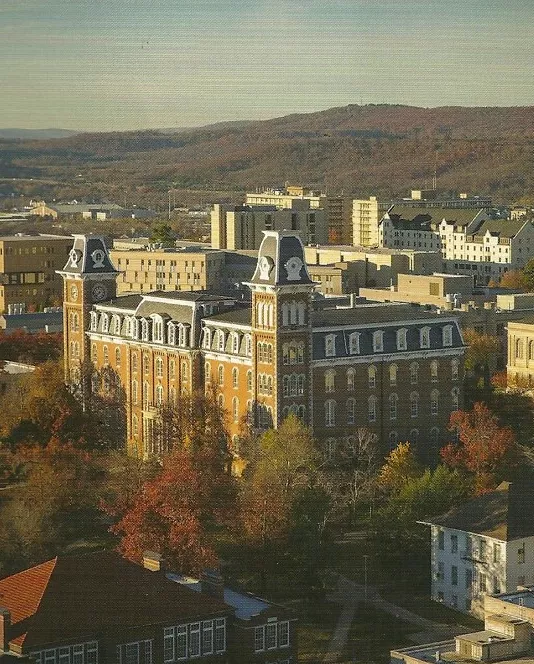
Fayetteville is in Washington County. It has a population of over 83,000.
It’s not known for violent crime. But property crimes are a big issue here.
Neighborhood Scout gives it a safety score of just 3 out of 100. That means it’s one of the most unsafe cities for theft and break-ins.
Why Fayetteville makes the list: Property crime is a serious problem, despite the area’s charm and good schools.
18. Alma, Arkansas
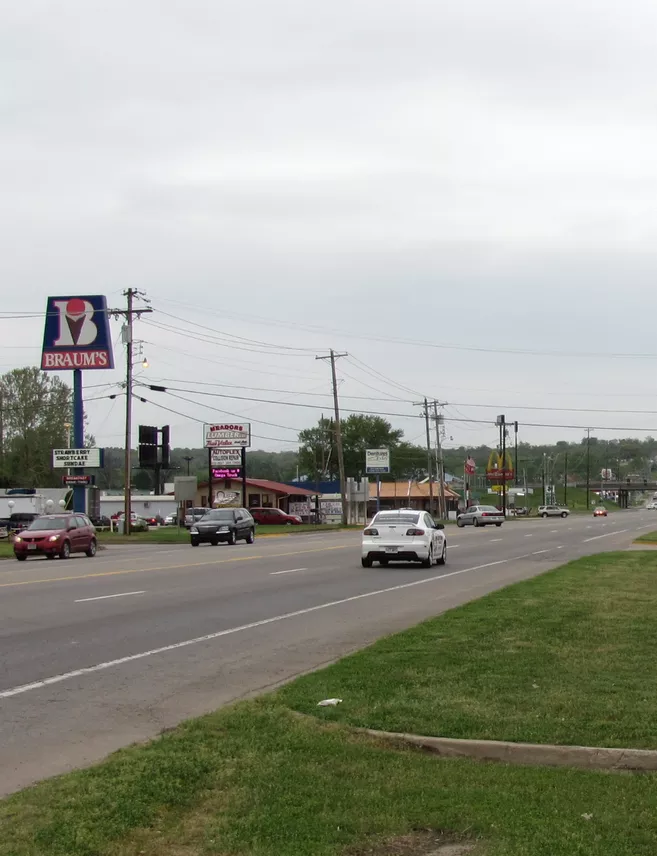
Alma is a small town with fewer than 6,000 people.
It ranks 18th among the worst places to live in Arkansas. The issue? Both violent and property crimes.
In the winter, snow and ice can shut down roads and schools. That makes road trips risky.
What puts Alma on the no-go list: Crime, cold weather, and few attractions make it a weak stop for travelers.
19. Forrest City, Arkansas
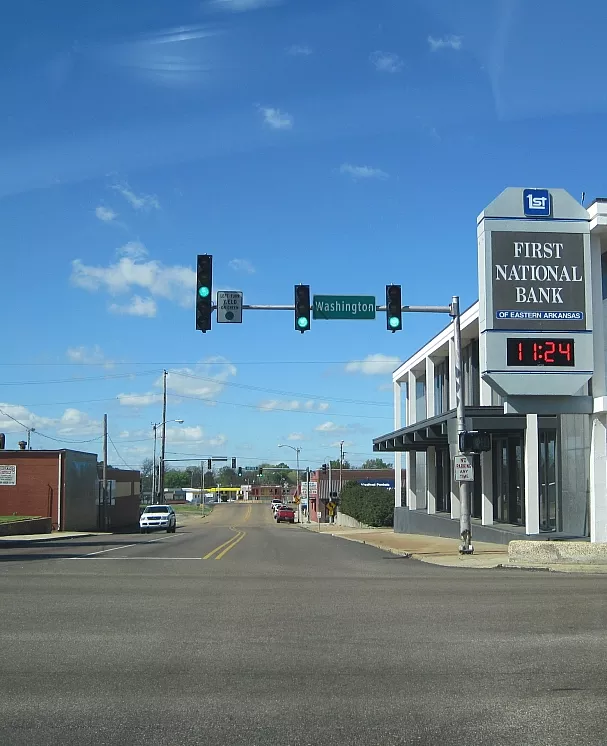
Forrest City has just under 13,000 residents. But crime here is high.
People have a 1 in 112 chance of being a victim of a violent crime. Assaults, rapes, and even murders happen here more than in other towns its size.
It’s between Little Rock and Memphis. But don’t let that central spot fool you—most people just drive through.
Why Forrest City is not worth the risk: High violent crime rates and few amenities make this city a poor travel choice.
20. Marion, Arkansas
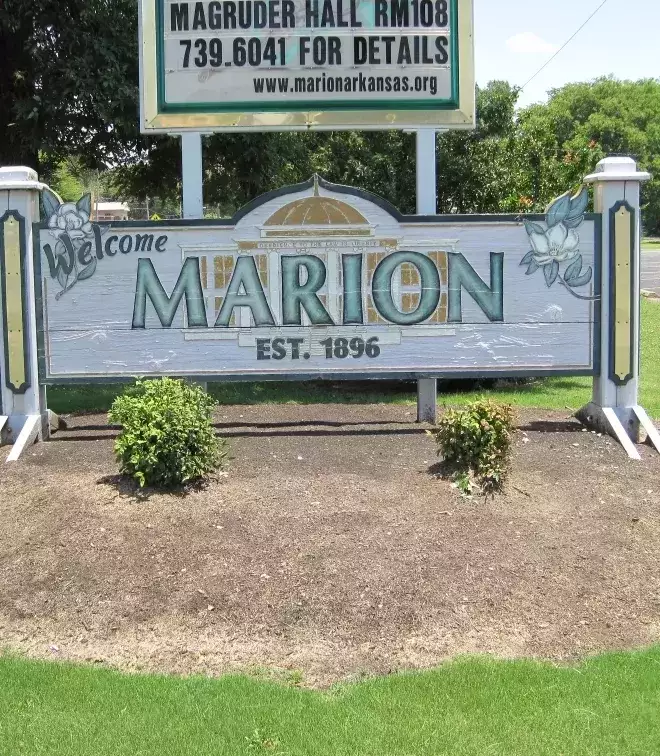
Marion sits near West Memphis.
In the past, it was ranked among the top 10 worst places to live in Arkansas. Current stats are hard to find.
Without new data, it’s tough to judge. But past issues and its location next to troubled areas raise red flags.
Why Marion still raises concern: Once listed as a worst place to live, it hasn’t done much to earn a better rep.
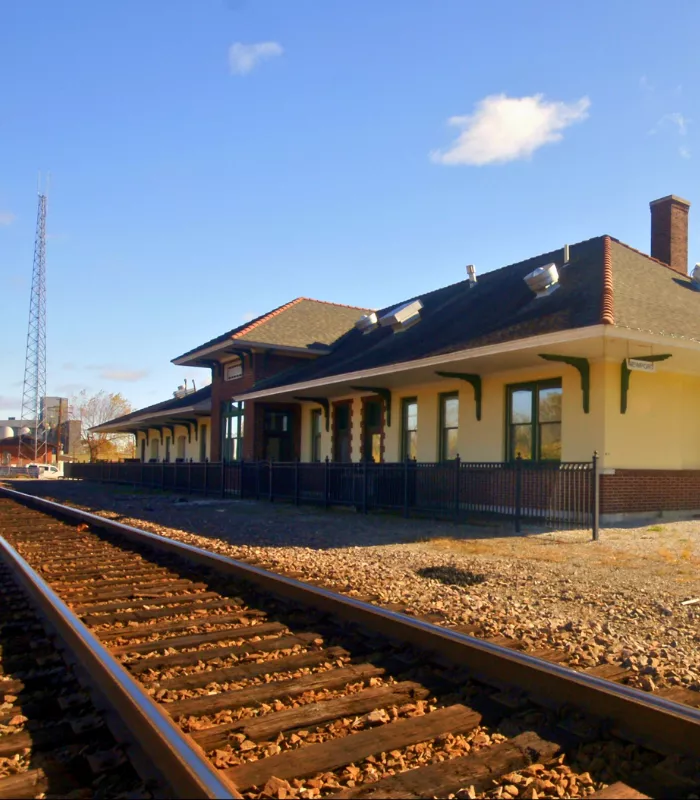
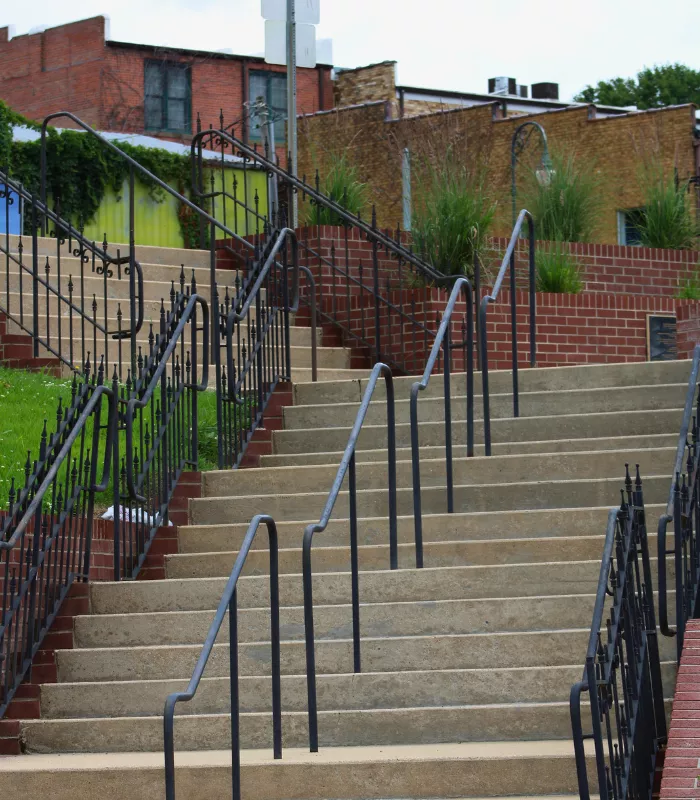
The NWA corner is pricing itself out of the retirement community. Walmart influence is driving up home prices and land is only available to developers with deep pockets. Yes, healthcare and amenities are plentiful but only to those with considerable means
I THOUGHT WEST MEMPHIS WOULD BE ON THE LIST SINCE IT IS HIGH CRIME